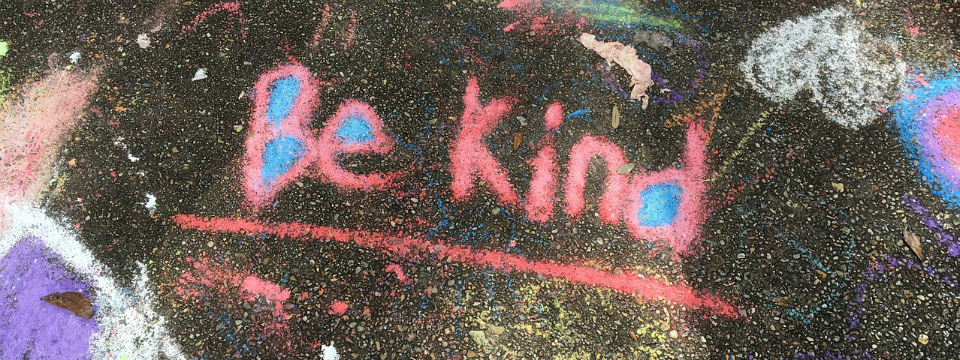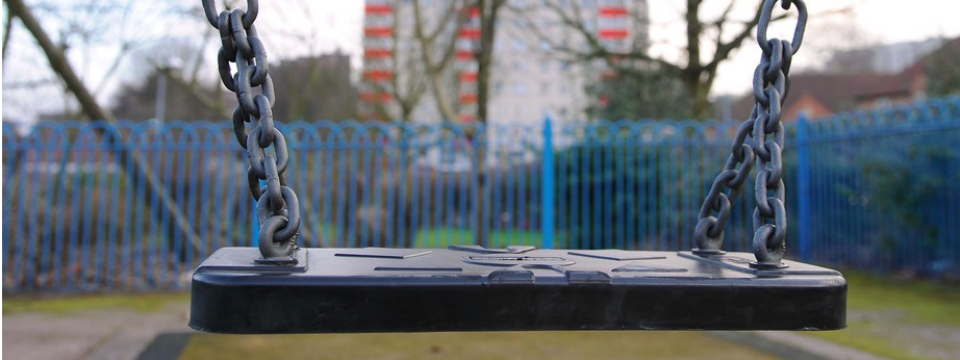Being kind serves to elevate your own well-being
 Written by Douglas LaBier and originally posted on the Huffington Post
Written by Douglas LaBier and originally posted on the Huffington Post
I came across this small but useful study from Oxford researchers, and it caught my attention because it’s one more bit of evidence of our underlying interconnectedness. It shows that doing something positive for others enhances our own happiness.
The study consisted of a review of 400 published studies about the relationship between kindness and happiness. In essence, the researchers found that being kind to others has a modest, but noticeable, impact on the person’s happiness.
The review of the 400 studies found that the effect is lower than some pop-psychology articles have claimed. But the researchers pointed out that future research might help identify which kind acts are most effective at boosting happiness. For example, they noted that existing research doesn’t distinguish between kindness to family and friends versus strangers. So, taking this into account, targeted kindness rather than indiscriminate kindness may have a greater effect on happiness.
The study brought to my mind the observation that the teachings from most spiritual and philosophical traditions converge around this: That the greater joy and happiness one experiences occurs from doing something positively for others; from giving to others. For example, this from the Sufi teacher Hazrat Inayat Khan (1882-1927):
A person who, alone, has seen something beautiful, who has heard something harmonious, who has tasted something delicious, who has smelt something fragrant, may have enjoyed it, but not completely. The complete joy is in sharing one’s joy with others. For the selfish one who enjoys himself and does not care for others, whether he enjoys things of the earth or things of heaven, his enjoyment is not complete.
The Oxford study’s lead author Oliver Scott Curry pointed out that “Our review suggests that performing acts of kindness will not change your life, but might help nudge it in the right direction. We recommend further research is done to compare the effects of being kind to family and friends as opposed to strangers. This is an area about which we know surprisingly little at the moment.”
The latter is true from the standpoint of academic research, and it’s good to establish empirical data that further documents. But it’s also good to keep in mind that much empirical knowledge concurs with ancient philosophical and spiritual teachings that extend back thousands of years. And that’s a good convergence to recognize!
The Bottom Line for Mentors
While you may already be familiar with the idea that doing good makes us feel good, and have probably experienced it as part of your experience serving as a mentor, this is further support of the idea. In addition, it may help to “pay it forward” in a different way, as well: Letting your mentee know and experience that being kind to others can help bolster their own sense of well-being. In other words, think about ways you, as a mentor, can encourage your mentee to commit small acts of kindness, so to speak. You could also make volunteering or pro-social activities a part of your relationship. And remember, it is important to walk the walk, as well, so don’t hesitate to get involved yourself!
To read the original post, click here.









